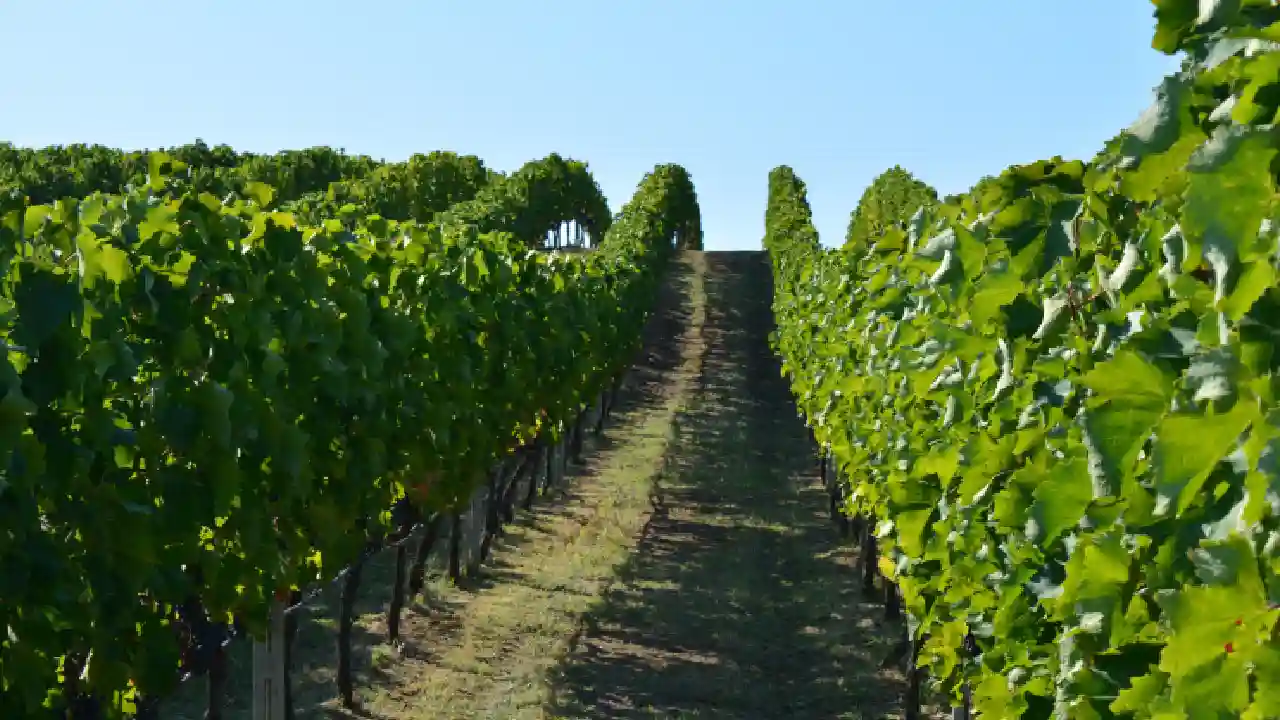Grape Varieties in Greek Wines
Introduction: Exploring Greece’s Wine Heritage
Greece’s winemaking heritage is a tapestry woven with indigenous grape varieties, each telling a unique story of terroir and tradition. In this exploration, we delve into the diverse world of grape varieties in Greek wines, uncovering the richness of the country’s vinous landscape.
The Resurgence of Indigenous Varietals: A Renaissance in Greek Winemaking
In recent years, there has been a renewed interest in Greece’s indigenous grape varieties, fueled by a desire to reclaim the country’s winemaking heritage. This resurgence marks a renaissance in Greek winemaking, as vintners rediscover and celebrate the diversity of their native grapes.
Assyrtiko: The Jewel of Santorini
One of Greece’s most renowned indigenous grapes, Assyrtiko, thrives in the volcanic soils of Santorini. Known for its crisp acidity and mineral-driven character, Assyrtiko produces wines of exceptional quality and longevity, capturing the essence of the island’s terroir.
Xinomavro: The King of Northern Greece
Hailing from the northern region of Macedonia, Xinomavro reigns supreme as the king of Greek red grapes. With its high acidity and firm tannins, Xinomavro yields complex and age-worthy wines, often compared to Italy’s Nebbiolo.
Agiorgitiko: The Noble Grape of Nemea
Agiorgitiko, also known as St. George, is the flagship grape of the Nemea region in the Peloponnese. This versatile variety produces a wide range of styles, from light and fruity to full-bodied and rich, making it a favorite among both winemakers and consumers.
Malagousia: Reviving an Ancient Treasure
Malagousia, once on the brink of extinction, has experienced a remarkable revival in recent decades. Indigenous to the northern region of Macedonia, Malagousia produces aromatic white wines with floral and citrus notes, earning acclaim on both domestic and international markets.
Mavrodaphne: Sweet Elixir of the Peloponnese
Mavrodaphne, a red grape native to the Peloponnese, is prized for its role in producing Greece’s famous fortified wine of the same name. With its rich, dark fruit flavors and hints of spice, Mavrodaphne creates luscious dessert wines that delight the senses.
Robola: The Treasure of Cephalonia
Robola, cultivated on the Ionian island of Cephalonia, thrives in the island’s limestone-rich soils and maritime climate. This crisp and aromatic white grape produces wines of exceptional purity and elegance, reflecting the unique terroir of its island home.
Embracing Diversity: Celebrating Greece’s Indigenous Grapes
As Greece’s wine industry continues to evolve, the importance of indigenous grape varieties cannot be overstated. These native grapes not only showcase the country’s winemaking heritage but also contribute to the diversity and distinctiveness of Greek wines on the global stage.
Conclusion: A Toast to Greece’s Vinous Heritage
In the world of wine, Greece’s indigenous grape varieties stand as a testament to the country’s rich cultural and historical legacy. From the sun-drenched slopes of Santorini to the rugged mountains of Macedonia, each grape tells a story of resilience, adaptation, and the enduring connection between land and vine. As we raise our glasses to Greek wines, let us celebrate the richness and diversity of the country’s vinous heritage, and toast to the continued success of its indigenous grape varieties. Cheers!








